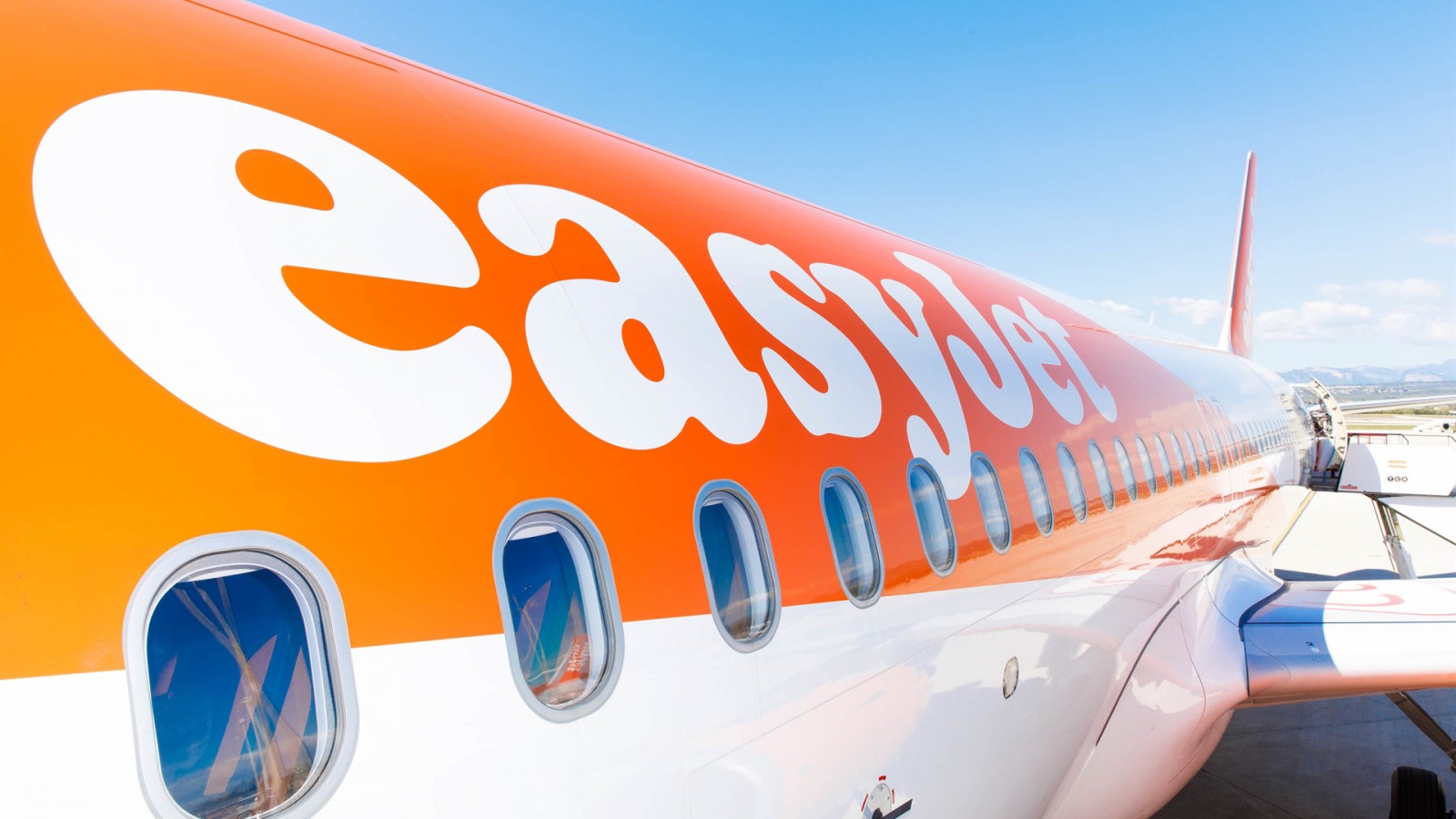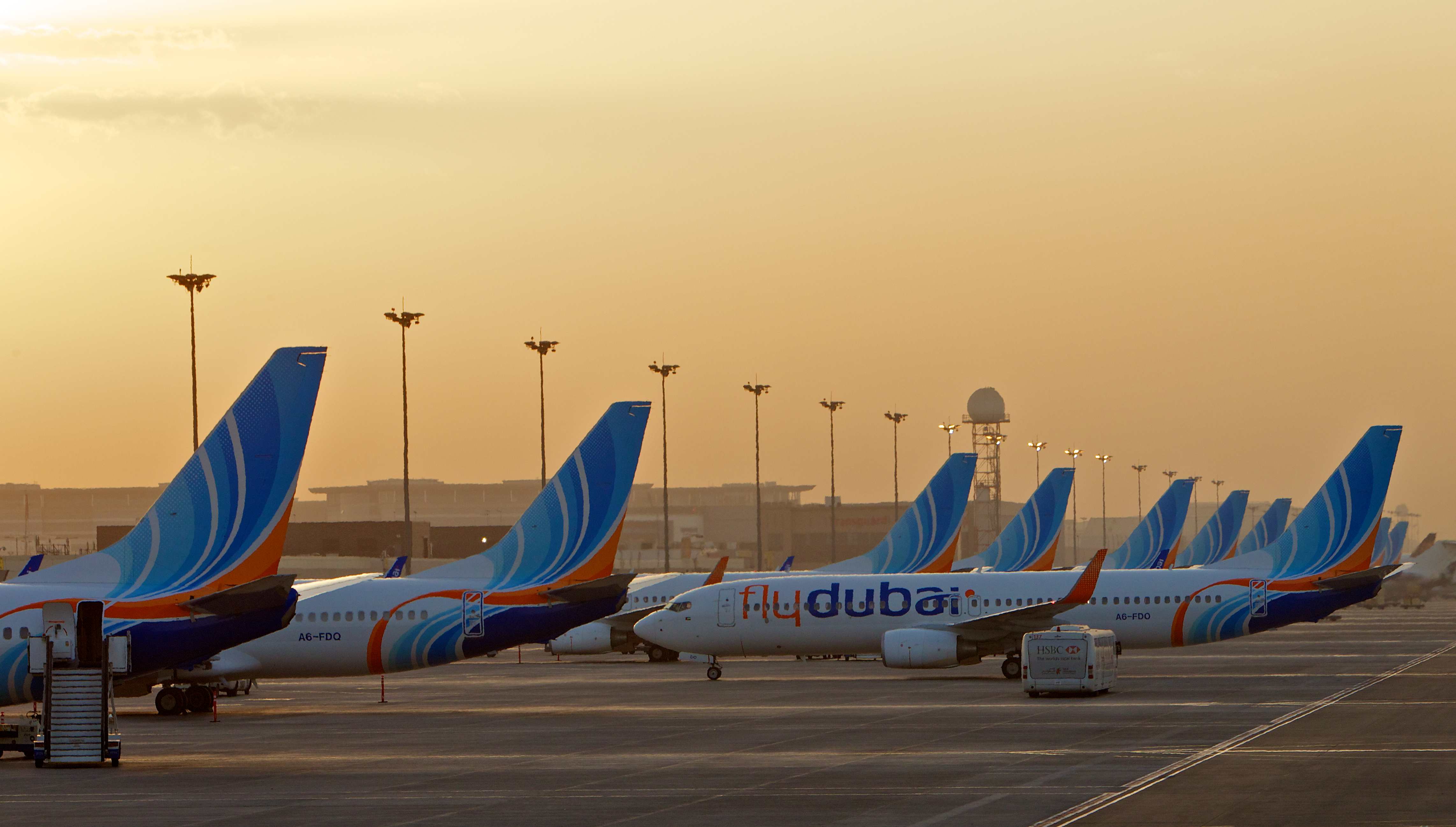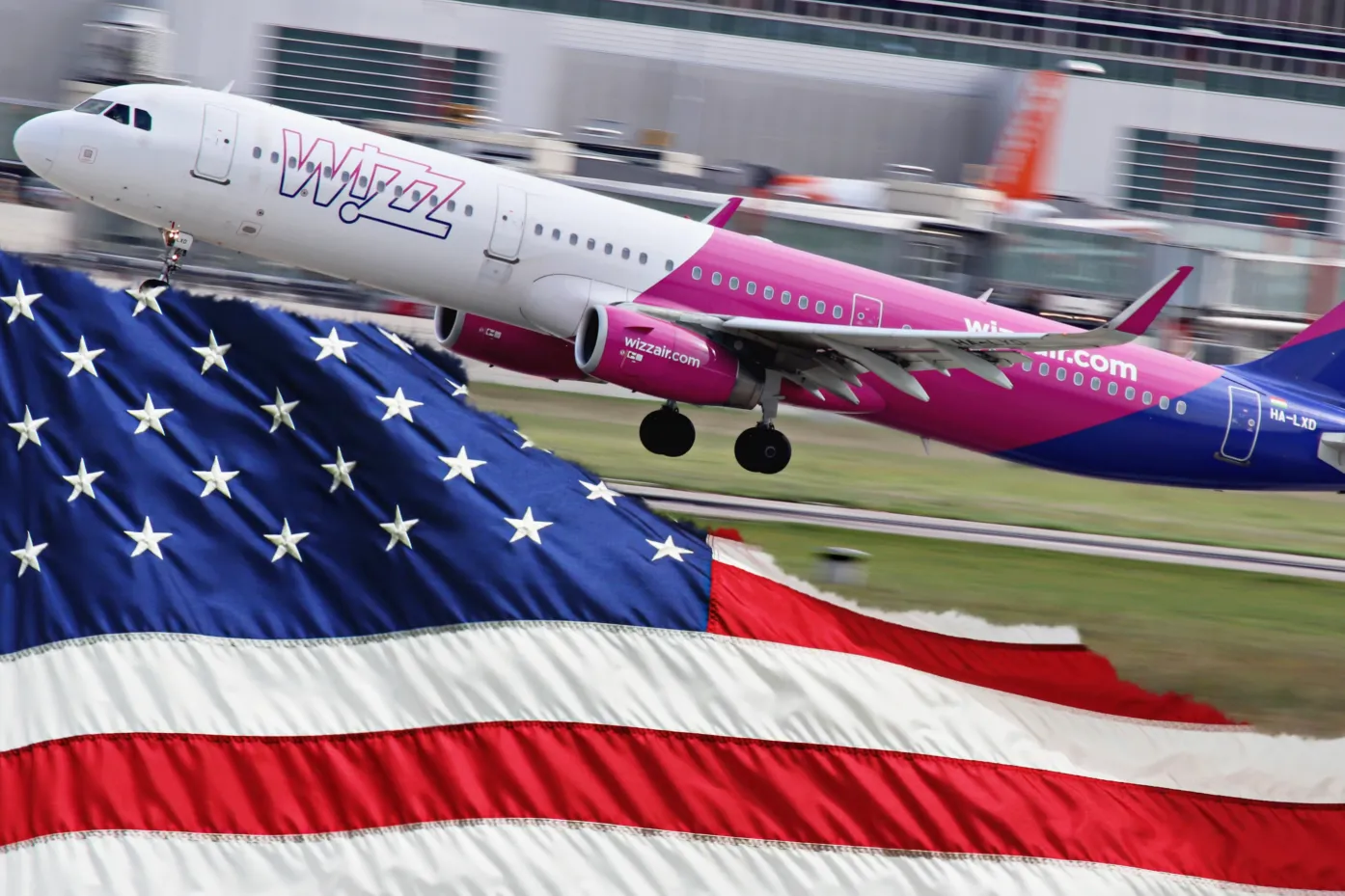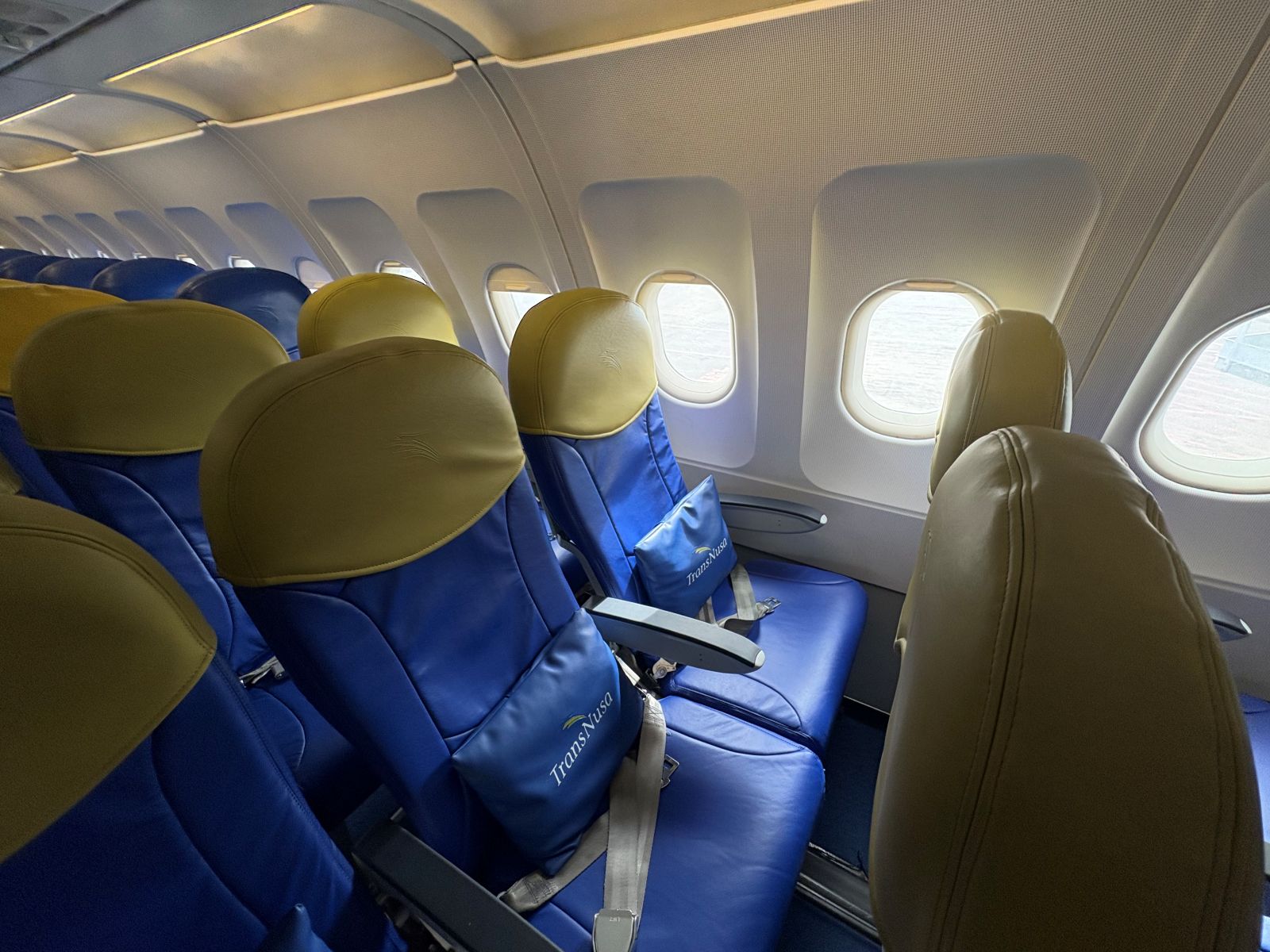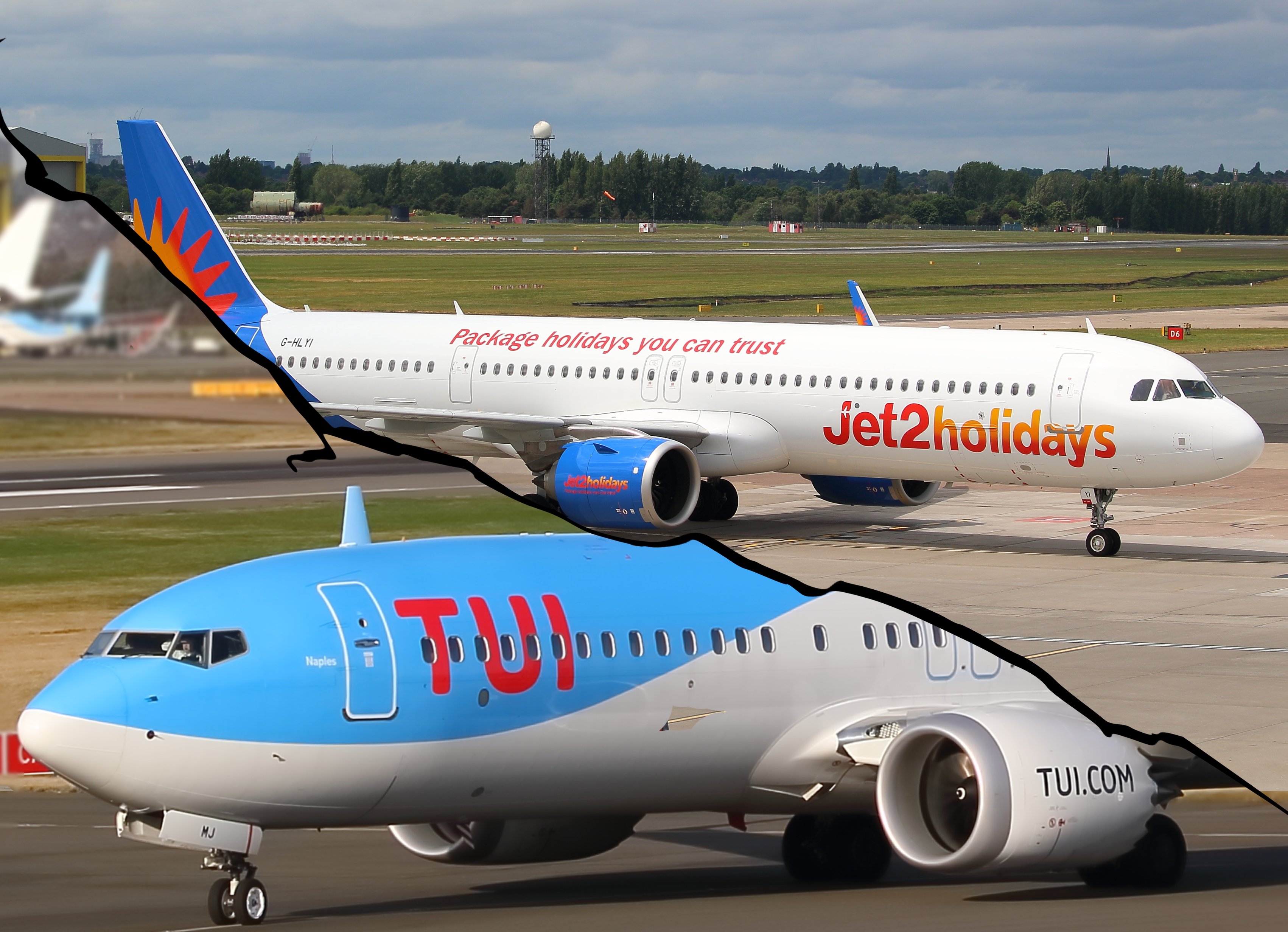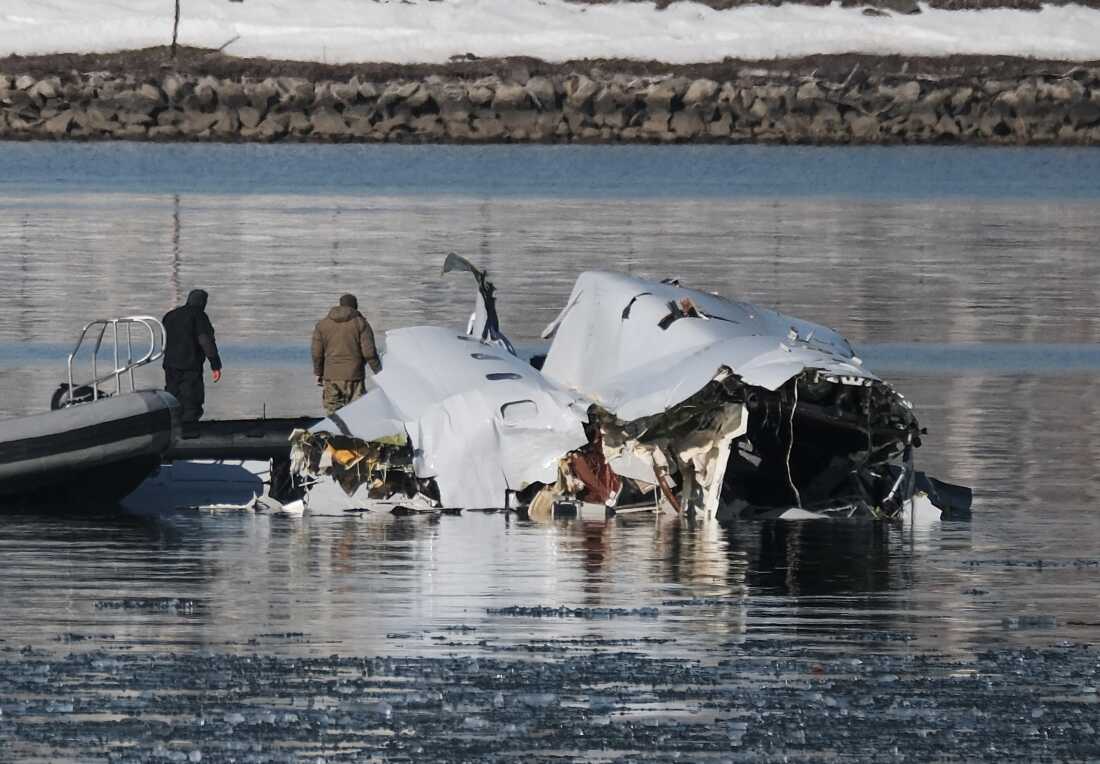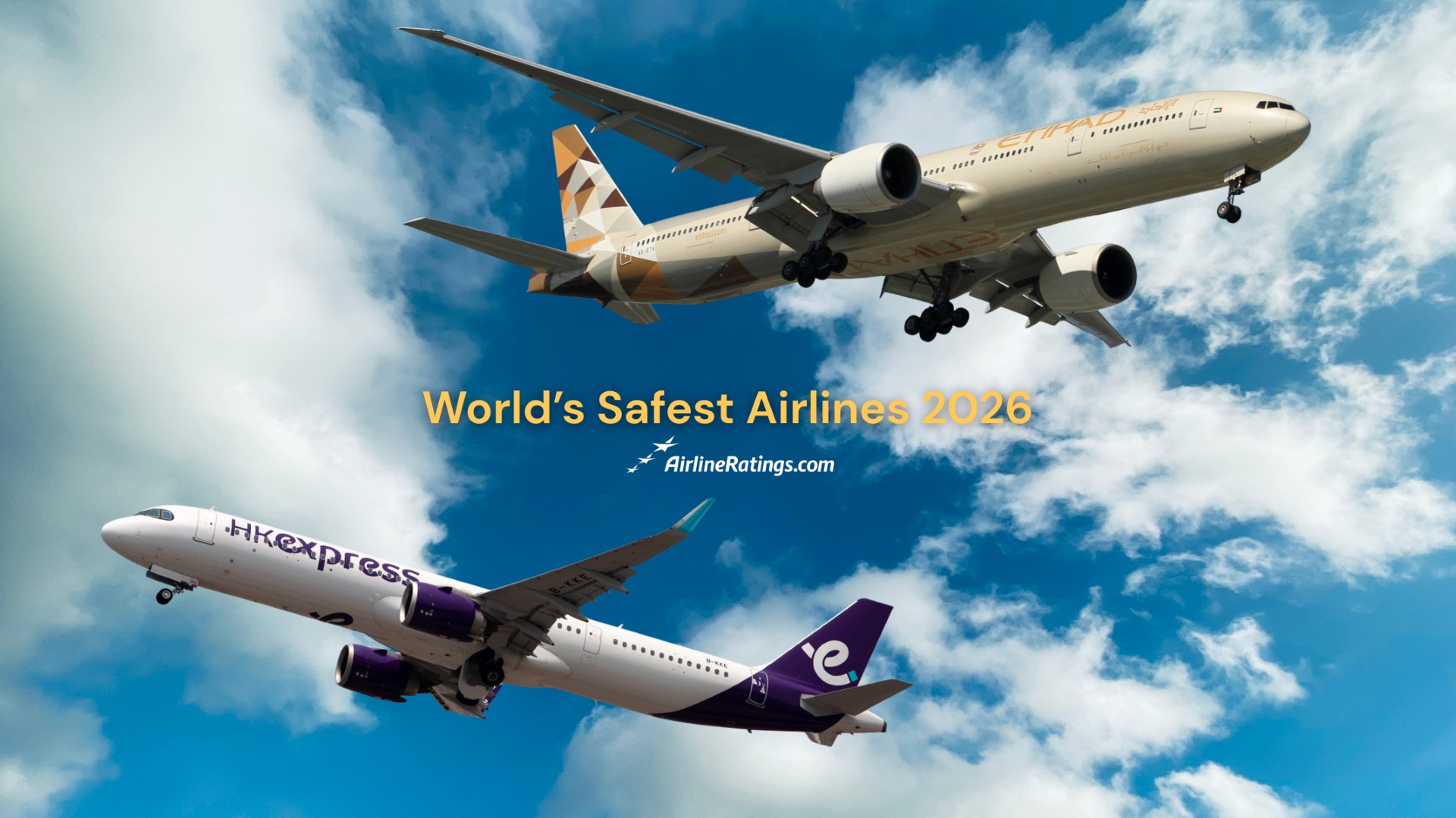UK airline easyJet has committed to flying carbon neutral while working with Airbus on hybrid-electric aircraft designed to further improve its environmental footprint.
The low-cost carrier in November claimed the mantle of being the first major airline to offset the carbon emissions of fuel used on all of its flights on behalf of customers.
It began the net-zero carbon flights from November 19 through schemes accredited by third-party verification bodies Gold Standard and VCS.
Offset projects include forestry, renewable and community-based projects.
READ our top 20 airlines
However, the airline acknowledged that offsets were an interim measure while new technologies were being developed. It noted the ultimate aim was to reduce the reliance on carbon offsetting through the use of emerging technologies.
This has seen it sign a Memorandum of Understanding (MoU) with Airbus on a joint research project aimed at understanding the operational and infrastructure opportunities and challenges of hybrid and electric aircraft.
European carriers have become particularly focused on climate issues because of the emergence in their market of the “flight shaming” movement aimed at convincing people to cut flying.
EasyJet says it has reduced carbon emissions per passenger kilometre by close to 37 percent since 2000 through initiatives such as newer aircraft, more efficient flying and maximizing passenger loads.
Other initiatives have included the introduction of light-weight carpets, trolleys and seats, single-engine taxiing and removing paper manuals from aircraft.
Hybrid and electric aircraft are seen as climate-friendly alternatives to jet fuel on short-haul aircraft but the technology is still being developed.
The budget carrier has been working with Wright Electric since 2017 to produce an all-electric ‘easyJet sized’ plane which could be used for short-haul flights.
It has also been working with Rolls Royce and Safran on new technologies to reduce carbon emissions as well as at the future use of sustainable aviation fuels and carbon capture.
It says more immediate action could include the introduction of technologies such as e-taxiing and electric APUs as well as the greater use of renewable energy.
“We acknowledge that offsetting is only an interim measure until other technologies become available to radically reduce the carbon emissions of flying, but we want to take action on carbon now,’’ easyJet chief executive Johan Lundgren said.
“People have a choice in how they travel and people are now thinking about the potential carbon impact of different types of transport. But many people still want to fly and if people choose to fly we want to be one of the best choices they can make.
“EasyJet has a long tradition of efficient flying – the aircraft we fly and the way we fly them means that easyJet is already more efficient than many airlines.
“However, our priority is to continue to work on reducing our carbon footprint in the short term, coupled with long-term work to support the development of new technology, including electric planes which aspire to radically reduce the carbon footprint of aviation.“
Lundgren warned aviation would have to reinvent itself as quickly as it could and this was why easyJet was working with partners on new technology.
“We also need governments to support efforts to decarbonize aviation,’’ he said. “In particular they must reform aviation taxes to incentivize efficient behavior, fund research and development in new technology and ensure that early movers such as easyJet are not penalized.”
Have questions or want to share your thoughts?
